Revolutionising Triathlon: A Conversation with James Elvery, Founder of RaceRanger
Based in Wanaka with his family, James is a triathlete who’s passionate about his sport. Until he was 28, he worked as a professional triathlete and at one time was ranked in the world’s top thirty.
Ten years ago, he returned to New Zealand and got a job with a bike company – but he’s about to start a new chapter. That’s because James’ “side hobby”, Race Ranger, is quickly becoming a thriving business.
Race Ranger is a small measuring device that fits onto the athlete’s bike. It helps athletes and race officials measure the distance between athletes during the bike portion of a triathlon.
James Elvery - Co-Founder & CEO of RaceRanger
SQL: Tell us about Race Ranger and what your business offers.
James: Race Ranger addresses the problem of drafting in triathlon. Drafting is the practice of slip-streaming or following the bike rider in front of you and gaining by getting sucked along and not having to push against the wind. In most triathlons around the world, you’re not allowed to draft and must keep a 10, 12 or 20-metre distance (depending on the event) between you and the rider in front. The issue is that you have to guess this distance, and there are referees on the course also guessing this distance, and they’ll give you time penalties if they think you’re breaking the rules. All this guessing creates a lot of arguments and drama in the sport.
Race Ranger measures the time it takes to overtake and the distance between riders – taking away the guesswork.
SQL: Why did you sign up for SQL events?
James: I was never a computer geek, but I needed to scratch that itch and find and develop the technology to solve the problem. We found a technology that looked like it would do the job and started some R&D with them. One thing led to another, and we got students on board through Callahan Innovation and government funding.
But we needed a bigger injection of money to get some prototypes built – so, in 2020, we got involved with Start Up Queenstown Lakes and raised some money from local angel groups.
It’s been a huge learning curve, and I’ve learned loads. I’ve also always been happy to go to networking events and help out other startups in the region, sharing what I’ve learned.
Raceranger takes away the guess-work around the drafting distance for athletes and referees.
SQL: How did this help you?
James: Because our R&D was such a long process, I’d had time to learn about pitching to investors, and I feel I was quite well prepared. I’d got to the point where I thought: okay, how do I get in front of these people? And that’s when I went along and met up with the SQL team and ran through our pitch. We went to some practice nights and got some really helpful pointers. We also went through our financial projection document with the coach.
After that screening process, we met the Mainland Angela Group – so most of our initial funding came from locals. We’re just in the middle of another funding round, and most of those investors have followed on as well. It’s been really good.
SQL: What are your next steps?
James: In January, we got some prototypes into races and tested them at events. We’ve refined Race Ranger from there, and in April, we were finally ready to offer it as a proper service, doing events on a paid basis. So we’ve got revenue in, which is great.
We’re doing it at events with up to 100 athletes, so only professional fields. We’ve done events in Spain and the USA, and we went to Paris (France) to test Race Ranger in the Olympics test event. We see that as really important to help the wider sport understand how Race Ranger works and accept it before we scale it up.
SQL: Describe SQL in one word
James: Helpful.
Story written by Startup Queenstown Lakes.



